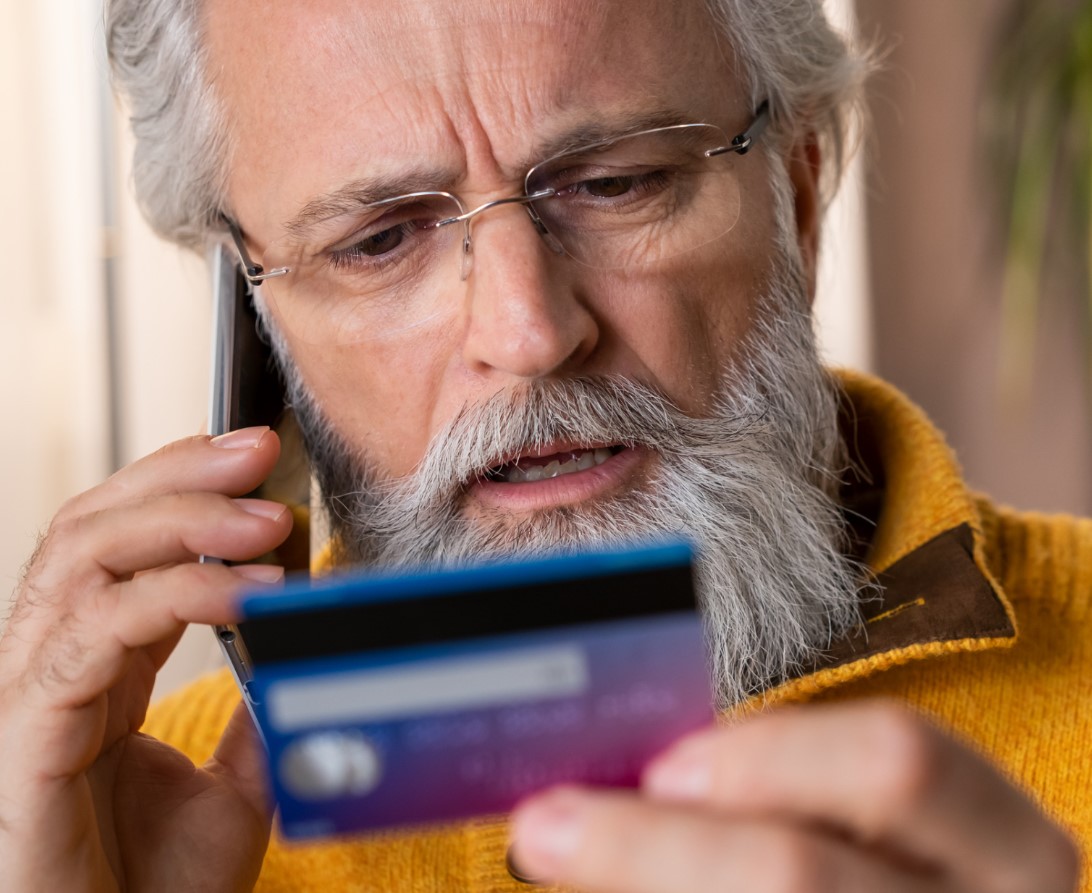5 Effective Tips to Avoid Fake Celebrity Scams

According to Gallup, scams are just as prevalent as physical theft. Based on their findings, a staggering 15% of households have had at least one member encountering a scam.
The rapid developments in technology aren’t helping the situation either. Celebrity scams, in particular, have seen an uptick buoyed by the advent of artificial intelligence, deepfake, and similarly sophisticated technologies.
Such digital advancements have enabled fraudsters to imitate well-known figures, from actors and musicians to athletes, politicians, and business tycoons, with an alarming level of accuracy. We aren’t just talking about superimposing a popular face on an image. Criminals are now able to create fake videos and voice clips of A-listers that are exceedingly difficult to distinguish as reproductions.
These types of frauds that rely on celebrity impersonations have robbed unsuspecting victims of billions of dollars. The only way to avoid them is by remaining vigilant and taking proactive measures to ensure cyber safety.
Celebrity Scams: What You Need to Know
Well-known faces allow fraudsters to quickly win trust and coax gullible fans into their deceptive schemes.
The truth is, star-struck followers are less likely to question the authenticity of messages they receive from their favorite A-listers. This makes them more susceptible to fraud than others.
But what kind of scams can involve celebrity imposters?
-
Fake Investments
Using the names of popular stars without their consent is fairly common in fraudulent investment schemes, especially those involving cryptocurrency and overseas real estate.
-
Product Scams
Many famous personalities have their product lines or endorse those of top brands. Fraudsters often take advantage of this by using fabricated endorsements to sell fake products, such as supplements and weight-loss pills.
-
Romance Fraud
To entice fans, scammers could set up profiles on dating apps using well-known names. Sometimes, they may also reach out to people on social media under an imposter celebrity account to strike up a conversation.
-
Promotions & Competitions
You could find these on social media, either as promoted content, ads, or regular posts on phony A-lister accounts. They might, for instance, ask you to provide a few personal details in order to win tickets to a concert or exclusive backstage passes.
Another variation of these scams includes social media DMs, emails, and messages announcing rewards and giveaways. To claim them, you will need to click a link and register your information or make a small payment as a processing fee.
-
Sham Charities
This is another prevalent scam where criminals use VIP names to promote fake fundraising programs for charitable causes.
Although diverse in nature, all these frauds have a single motive—financial fraud. Some, such as investment, charity, and romance swindles, may involve tricking victims into giving away money.
Others may not be so straightforward. For example, criminals disguised as celebrities could use phishing techniques to steal your personal data, from your social security number to credit card details and account passwords. In romance schemes, bad actors may even trick you into sharing revealing photos or sensitive information and use them later for extortion.
Ultimately, all this stolen data paves the way for criminals to carry out financial fraud. This makes celebrity scams a costly form of crime you must avoid.
Effective Tips to Protect Yourself From Celebrity Imposters
Here are our top tips to detect and avoid fraudulent schemes that use well-known names.
1. Review the Online Profiles
Whenever you come across a celebrity lookalike, carefully examining their online profile is crucial before you engage in a conversation with them.
- Is the username unusual? Does it have special characters or numbers? Does the profile have an incomplete bio or a blurred or overly edited image? These are signs of a fake account.
- Search the celebrity’s name on the social media platform. The official account will usually turn up first on the search results. If it looks different from the profile you received a message from, it’s best not to communicate further.
- Not every message you receive from an official or verified account is authentic, either. Keep in mind that cybercriminals could sometimes hijack celebrity accounts to run fake promotions, DM fans, and defraud followers. Therefore, remember to review past posts on the account to detect any anomalies in the writing and communication style.
2. Be Wary of Unsolicited Messages
Treat unexpected messages you receive from celebrities with due caution.
For instance, avoid clicking on links and attachments they provide. These could download malware and phish for personal information.
Pay attention to language mistakes, including spelling and grammar errors, that may seem unusual for communications that represent well-known stars.
3. Research to Verify
The importance of doing your own research cannot be stressed enough when it comes to detecting fraud.
For example,
- Does a product or investment carry a celebrity endorsement? Then, check whether it’s mentioned online on the relevant A-lister’s official communication channels, including websites and social media profiles.
- Is someone famous pressuring you to donate to a charity they support? Never give away money before researching the program to learn more about it.
- Is there a contact number or email address displayed in a promotional message? If so, reverse search it on Nuwber to check who it belongs to.
- If you start chatting with a popular person on a dating app, take note of the information they provide. For instance, if they mention they’re unable to meet you in person due to overseas travels, search online to verify the actual A-lister’s whereabouts.
4. Protect Your Data and Money
To minimize data and financial theft risks,
- Be mindful of phishing attempts and avoid disclosing personal information to people you meet online.
- Ignore giveaways, competitions, surveys, and any other activity that requires you to share personal data.
- Be suspicious of anyone who asks for money or requests payments through gift cards, cryptocurrency, wire transfers, and similar methods that are difficult to trace.
5. Use Your Best Judgment
If you don’t allow emotions to cloud your thinking and let your instinct guide you instead, you can easily avoid many of the scams involving famous personalities.
For instance, ask yourself—does a product deal or investment opportunity sound too good to be true? If so, there’s a high chance it’s a hoax.
Has a celebrity you have met online asked you for money for an emergency? When you think logically, this seems an unlikely scenario with a genuine A-lister.
To Conclude
Today, thanks to sophisticated technology, anyone can disguise themselves as reputed individuals and organizations in cyberspace. Using celebrity names is particularly prevalent due to A-listers’ ability to instantly win trust and lure millions of star-struck fans.
So, the next time you’re approached by someone famous, remaining vigilant and protecting yourself is essential before you put your guard down in a hurry.




